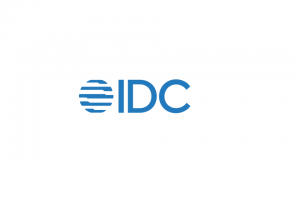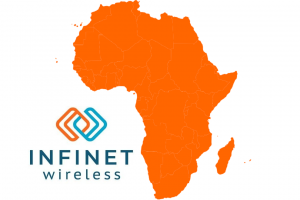 Huawei has already established six training centers in Africa, which supply over 12,000 communications and technology professionals to the African market each year.
Huawei has already established six training centers in Africa, which supply over 12,000 communications and technology professionals to the African market each year.
Huawei also set up scholarship funds and ICT laboratories to transfer knowledge to the local market.
In its early days in Africa, Huawei developed multiple new energy solutions that leveraged local natural resources, such as wind and solar energy. In addition to improving the stability of local communications and cutting costs, these solutions significantly reduce carbon emissions.
In 2011, Huawei launched its Instant Network solution in Africa, which provides instant communications services, not only in developing areas, but also in areas affected by natural disasters where local communications is disrupted.
Huawei has also established networks that add momentum to economic growth in rural areas in Cote d’Ivoire and Nigeria, and has deployed E-Government networks for 18 African countries, enabling over 250 million people scattered in remote areas to enjoy modern communications services.
As part of Huawei’s commitment to local communities in Africa, it works to equip the local people with the capabilities necessary to develop a digital society through the creation of jobs and programs that nurture professionals in the ICT industry. Of the 5,800 Huawei employees working in Africa, 60{e1f18614b95d3cd6e4b3128e1cd15d99b042a60a5a19c19b7a8e07e7495efa10} are local hires.
“Since its entry into the African market in 1997, Huawei has been committed to taking root in this region. This is evidenced by Huawei’s efforts to bridge the digital divide and contribute to the harmonious and sustainable economic, social, and environmental development in local areas,” said Chen Lifang, senior vice president of Huawei.
May 8, 2025











